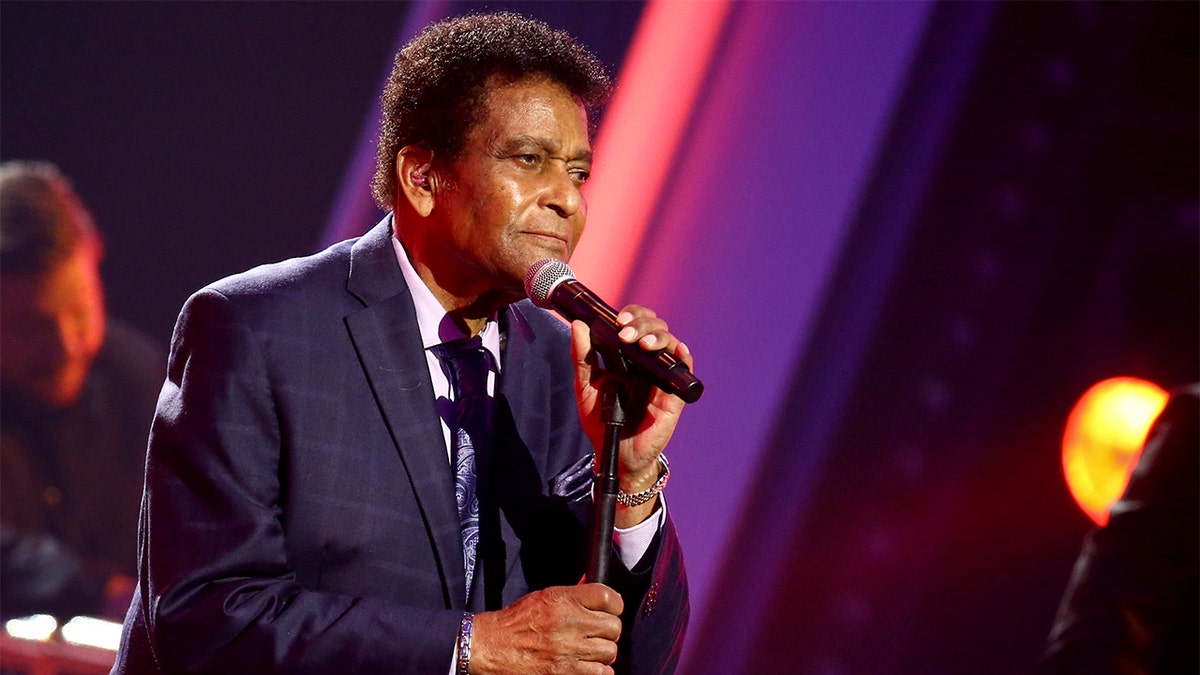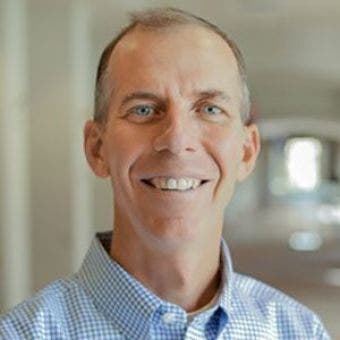Fox News Flash top headlines for December 12
Fox News Flash top headlines are here. Check out what's clicking on Foxnews.com.
Baseball’s loss was the music world’s gain when Charley Pride failed to make it from Negro League Baseball to Major League Baseball and took up music instead. On Saturday the world suffered the loss of the first Black superstar of country music when Pride died at 86.
Sadly, Pride became one of nearly 300,000 Americans killed by COVID-19, as the raging pandemic continues to take a tragic toll in the U.S. and around the world.
Born in 1934 into a sharecropper family of 11 children in the delta town of Sledge, Miss., Charley Frank Pride played baseball in the early 1950s for the Memphis Red Sox and the Birmingham Black Barons in the Negro American League until being drafted into the Army in 1956. He was unsuccessful in his attempt to join Major League Baseball after his military service.
TRAILBLAZING COUNTRY MUSIC LEGEND CHARLEY PRIDE DIES AT 86
As a pitcher known for his curveball, Pride squared off against future Hall of Famers Willie Mays and Hank Aaron, to name just a few Black ballplayers who eventually played Major League Baseball once desegregation finally came when Jackie Robinson joined the Brooklyn Dodgers in 1947.
“When Jackie Robinson went to the major leagues, I was picking cotton beside my dad,” Pride recalled. “And I said to myself, ‘Here’s my way out of the cotton field.’”
More from Opinion
But after failing Major League tryouts, Pride moved to Tennessee and began making country music records in Nashville in 1963. He signed a contract with RCA Records in 1965 and his career took off in 1967 with “Just Between You a Me,” his record that hit the Top 10 on Billboard’s country music charts.
The rest was history and a legendary career that included 52 Top 10 Billboard hits and a place in the hearts of millions of country music fans. Pride sold more albums for RCA than any other artist, with the exception of Elvis Presley. He was the first Black artist to sing at Nashville’s Grand Ole Opry.

Charley Pride performs onstage during the 54th Annual CMA Awards at Nashville’s Music City Center on Nov. 11, 2020. (Photo by Terry Wyatt/Getty Images for CMA)
The road to success is often littered with potholes, but also fortified with an invisible foundation — a critical infrastructure without which the journey would never be.
For Charley Pride, it was his early days with a loving family struggling to make ends meet and a mother and father who took the time to share their passion for music with him.
"I learned that you had to share a lot, and [that] you bang one another upside the head a lot, and try to get a biscuit before the other one,” Pride recalled. “We lived in what we called a 'shotgun house', and there was a bed over on this side and a bed over on this side, and we'd sleep three and four to a bed. I remember sometimes I'd wake up and my brother's toes were right in my nose.”
But it wasn’t just poverty and the need to stretch a dollar that shaped Pride’s young life.
It was faith and music — and lots of both.
"My mom and dad liked Gospel music, so they used to listen to the Five Blind Boys from both Alabama and Mississippi," Pride recalled.
Looking back, Pride had particularly fond memories of Hank Williams’ classic, “I’ll Have a New Body” — an upbeat, melodic hymn of praise that looks longingly to eternal life.
Pride’s father’s favorite bluegrass singer was Bill Monroe, a mandolinist, singer and songwriter whose 69-year career also shaped the young Charley’s focus and fervor.
Scrapping together what little was available, Pride’s mother purchased the future County Music Hall of Famer’s first guitar from Sears Roebuck for $14.
“We got it over in the evening ... and I left it in the wagon and it rained. It was just glued together, you know,” Pride said years later. “It was called Silvertone. I kept trying to tune it, and it just kept bowing and bowing with strings [and] the glue around it.”
Over the course of his legendary career, Pride’s talents and accomplishments were recognized with numerous awards, including four Grammys and entertainer and vocalist of the year.
“I didn’t go into this industry to win awards,” he reflected. “But I’m happy to receive them.”
Performing into his 80s, Pride was once asked how he preserved his voice at age when his peers were losing theirs.
“Don’t save my voice,” he laughed. “I’ve been blessed with it.”
While acknowledging his pioneering role as a Black country music artist, Pride regularly downplayed the role or significance of race in his ascent or success.
“Reporters would say, ‘Now, Charley, how does it feel to be the Jackie Robinson of country music?’ or ‘How does it feel to be the first colored country singer?’” Pride said.
His standard reply was, “Well, I’m Charley Pride, the staunch American.”
CLICK HERE TO SIGN UP FOR OUR OPINION NEWSLETTER
In what can only be seen as a fitting twist of fate, Pride’s last performance Nov. 11 harkened back to his faith roots in Mississippi.
Taking the stage at the 2020 Country Music Awards to receive the Willie Nelson Lifetime Achievement Award, Pride sang his iconic award-winning song “Kiss an Angel Good Mornin.’”
“Well people may try to guess, the secret of my happiness,” he sang. “But some of them never learn it's a simple thing, the secret I'm speaking of, is a woman and a man in love, and the answer is in this song that I always sing.”
CLICK HERE TO GET THE FOX NEWS APP
Pride now sings with the angels and is reunited with the very people who introduced him to his love of music.
But Charley Pride’s long life is a reminder that failure is never final and disappointments can often open the door to a world we’d never have imagined if not for a particular defeat.










































